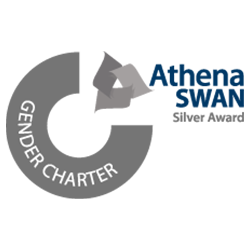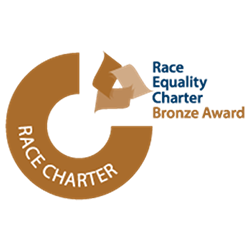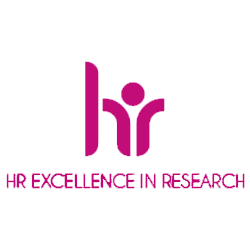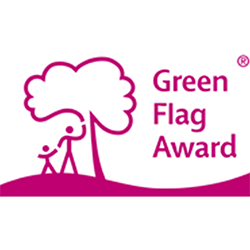Job Description
To undertake research into convective updrafts and their interactions with anvil cloud processes and larger scales, including how can we improve the representation of these processes in global km-scale models, as part of the “Improving understanding and modelling of convective UPdraFts and anvil cLOuds (UPFLO)” project. UPFLO contributes to the overall goals of the AFESP programme, both in Theme 2: “Challenges and opportunities in simulating the Earth System at the kilometre-scale,” and across the three AFESP themes.
This role is funded by the research programme on Advancing the Frontiers of Earth System Prediction (AFESP) - a £30million 15-year investment by the University of Reading, in partnership with the European Centre for Medium-Range Forecasts (ECMWF), the UK Met Office and the National Centre for Atmospheric Science. It will deliver sustained investments to tackle some of the far-term (10–15 year) and difficult (high-risk, high-reward) research challenges in global Earth System prediction.
By enhancing our capabilities in global data assimilation, simulation and analysis, the research programme will deliver a new class of accurate, reliable and usable forecasts, aiming to re-define the medium-range predictability limit from two to at least four weeks, enabling a wide range of new scientific and societal applications.
Full time, fixed term post for 5 years.
Interview date W/C18/03/2024
Main duties and responsibilities
Undertake collaborative research and make significant contributions to the following activities:
- Conduct research on processes and process chains that deliver to the ambition of increasing skill in the extended NWP range, with a focus on scales at which new observations and state-of-the art numerical simulation are more directly comparable.
- Use radar and other observations from recent field campaigns to improve understanding of retrievals of updraft and cloud measurements for upcoming satellite missions INCUS and EarthCARE and facilitate their eventual incorporation into global km-scale atmospheric models.
- Evaluate top-of-atmosphere radiation budgets and updraft characteristics in global km-scale models, and relate biases in these properties to cloud properties and convective organisation.
- Analyse and run global km-scale atmospheric simulations and smaller-domain sub-km-scale process simulations using the ECMWF (IFS) and Met Office (UM) models.
- Contribute to the development and testing of new approaches in numerical simulation that target increased process fidelity, including enhanced resolution, and new parametrisations of unresolved processes (including microphysics and mixing) suitable for km-scale, potentially including alternative methods such as machine learning. Prioritise use of unexplored observations, both for verification and as candidates for additional data assimilation.
- Attend, contribute to, and organise relevant project meetings.
- Report on progress and results of the research through appropriate methods, including papers for submission to scientific journals, presentation of results at conferences and workshops, etc.
- Maintain awareness of current progress in relevant research areas to ensure that the research remains at the cutting edge.
- Liaise with collaborators from other parts of the programme (ECWMF, the Met Office, NCAS, Colorado State University, the University of Leeds) on a regular basis, including travel to visit project partners as required.
Informal contact details | Alternative informal contact details | ||
Contact role: | Professor in Convection | Contact role: | Professor of Climate System Science & Climate Hazards and Director of University of Reading - ECMWF Research Collaboration |
Contact name: | Professor Christopher Holloway | Contact name: | Professor Pier Luigi Vidale |
Contact email: | c.e.holloway@reading.ac.uk | Contact email: | p.l.vidale@reading.ac.uk |
Applications from job seekers who require sponsorship to work in the UK are welcome and will be considered alongside all other applications. By reference to the applicable SOC code for this role, sponsorship may be possible under the Skilled Worker Route. Applicants should ensure that they are able to meet the points requirement under the PBS. There is further information about this on the UK Visas and Immigration Website.
The University is committed to having a diverse and inclusive workforce, supports the gender equality Athena SWAN Charter and the Race Equality Charter, and champions LGBT+ equality. Applications for job-share, part-time and flexible working arrangements are welcomed and will be considered in line with business needs.










